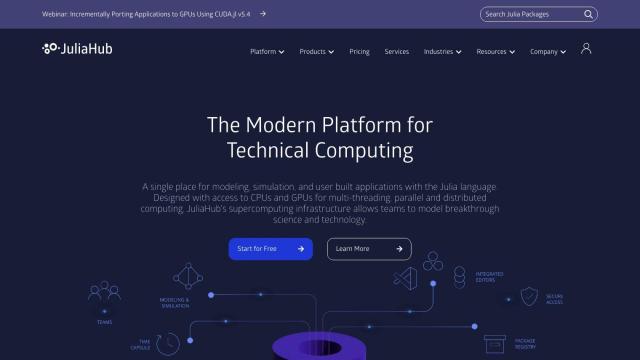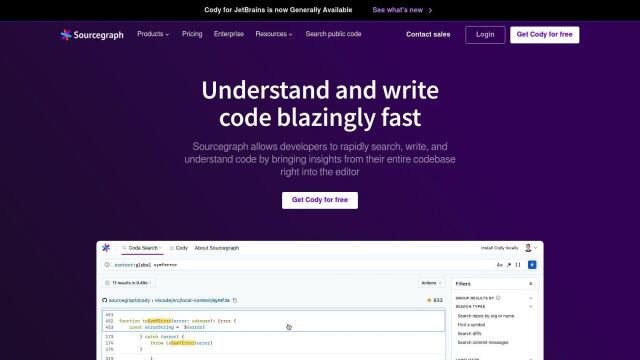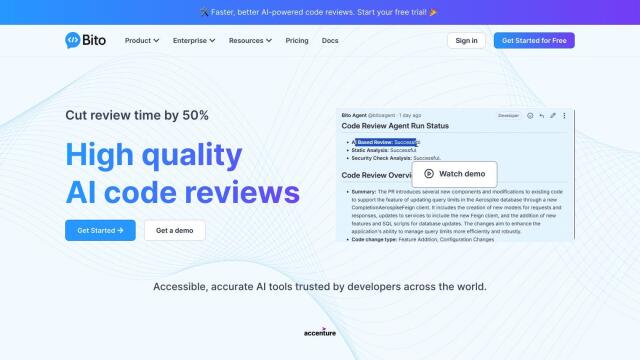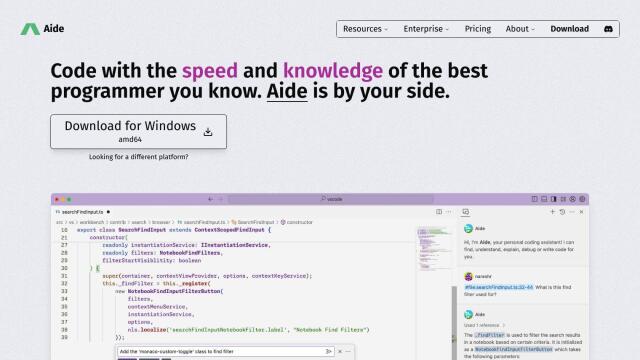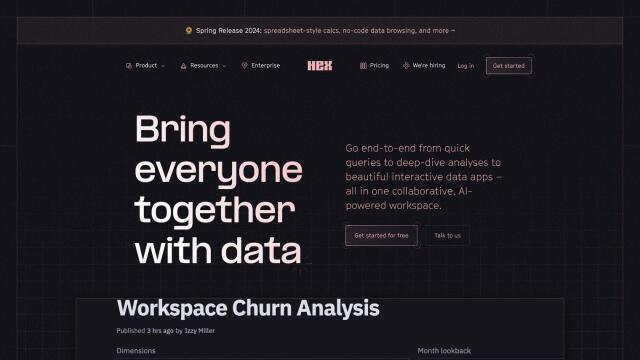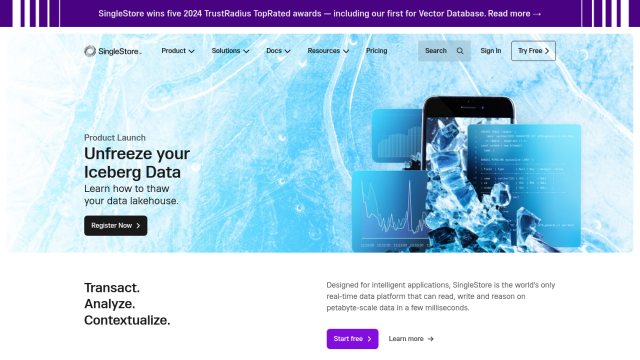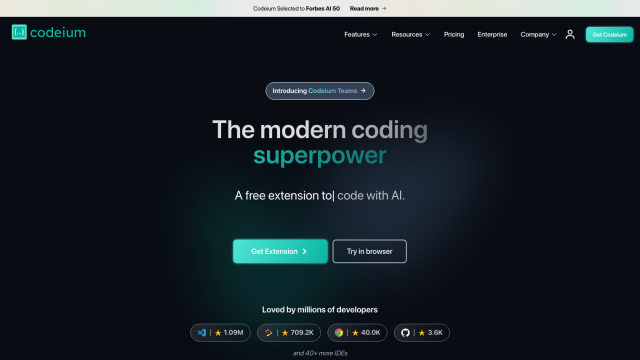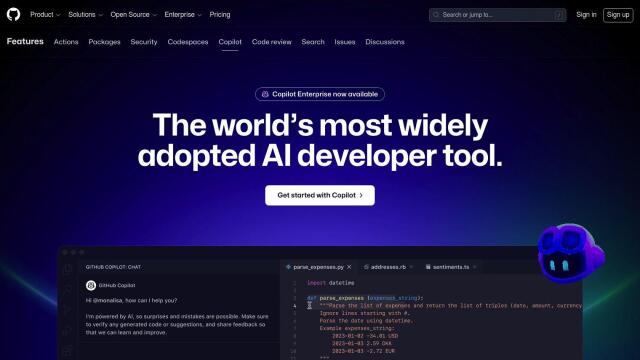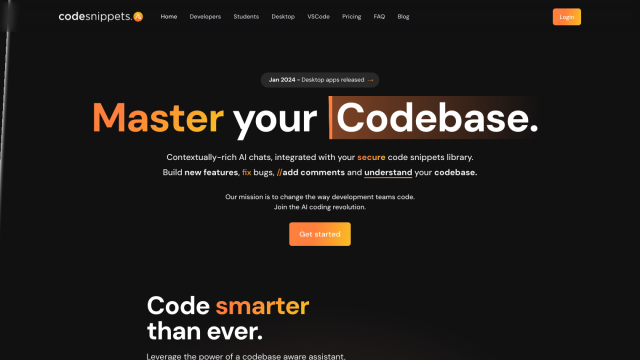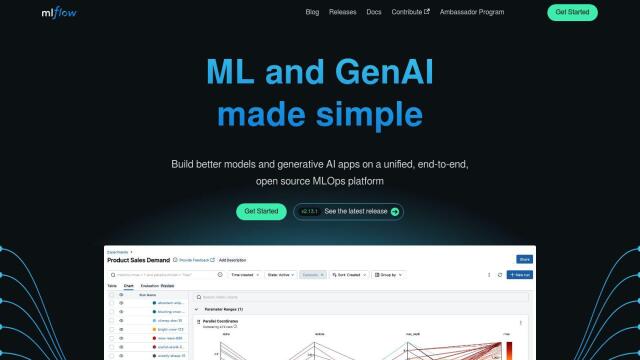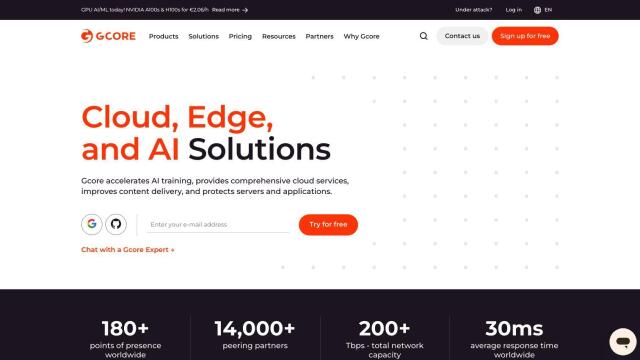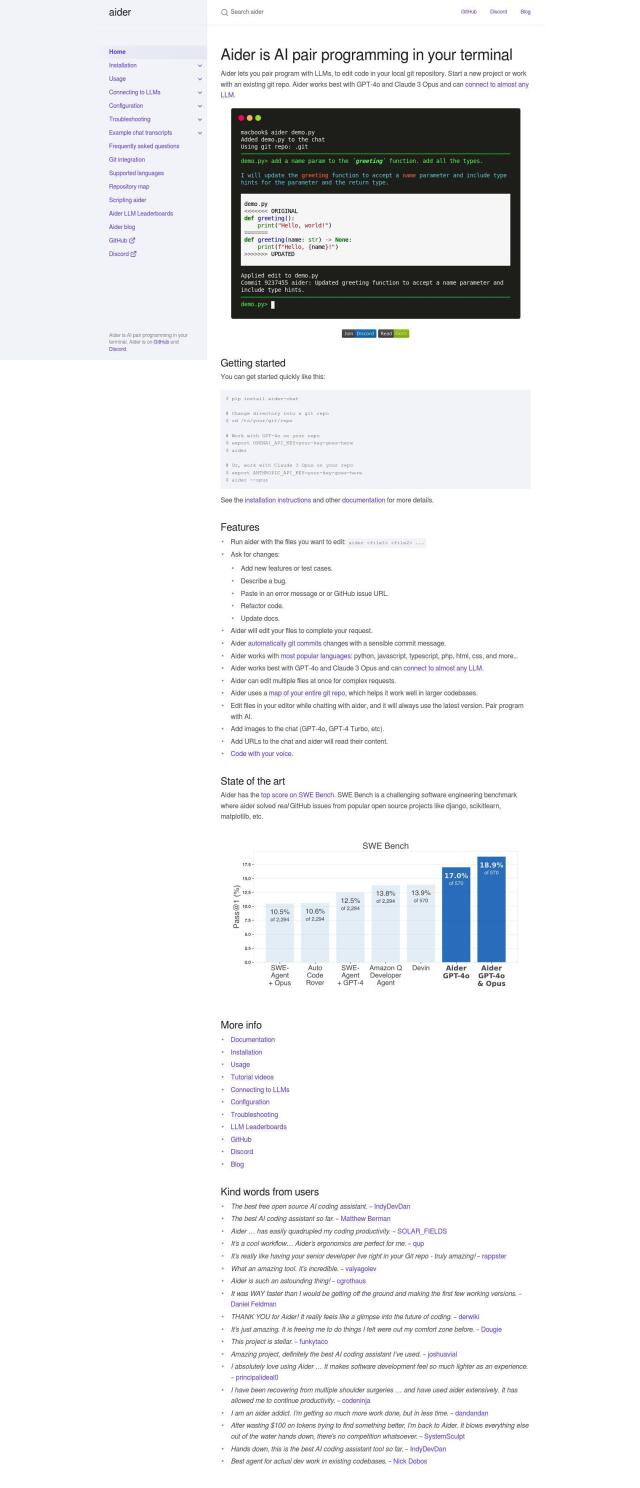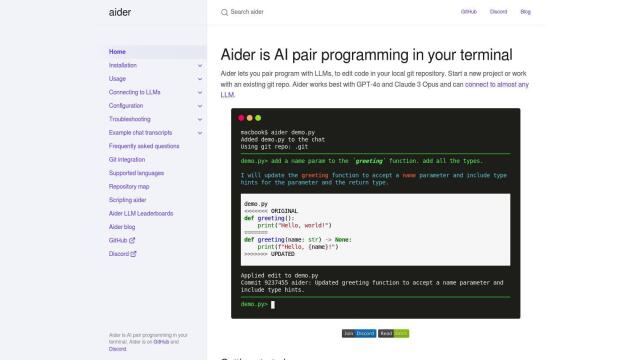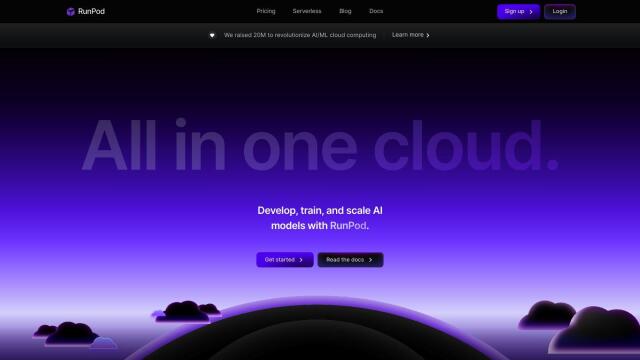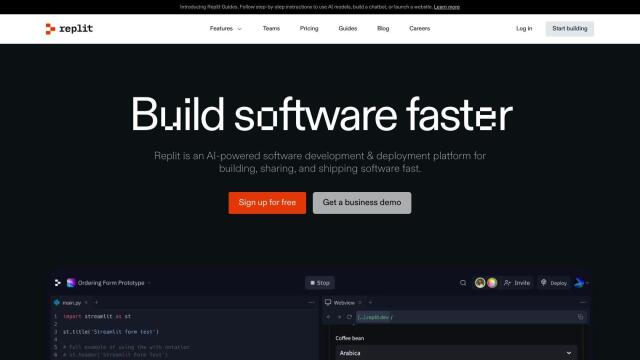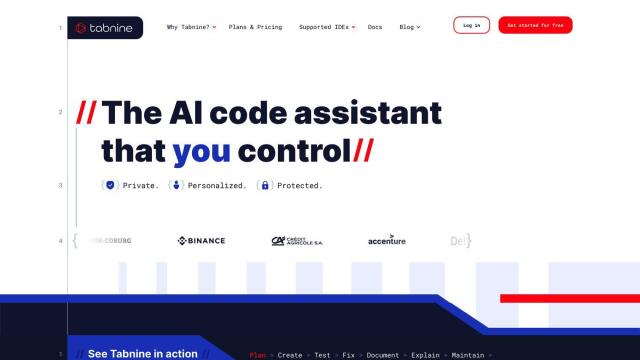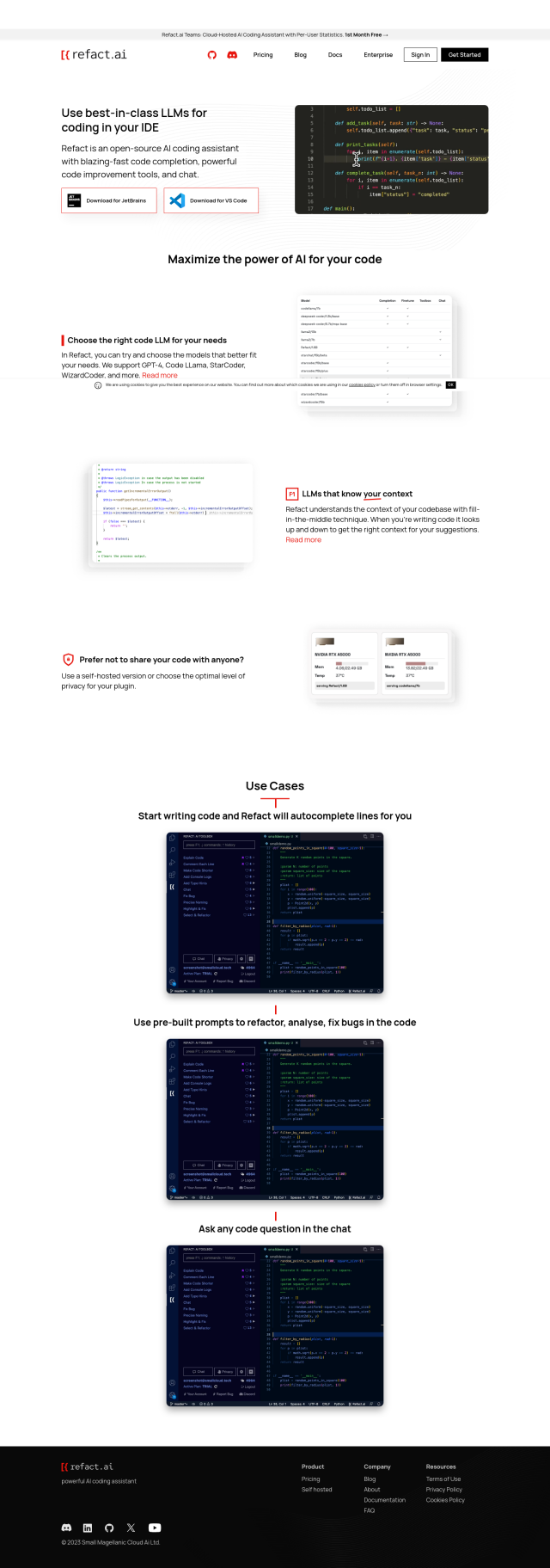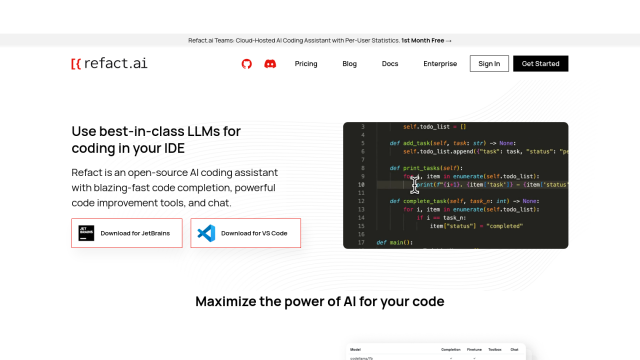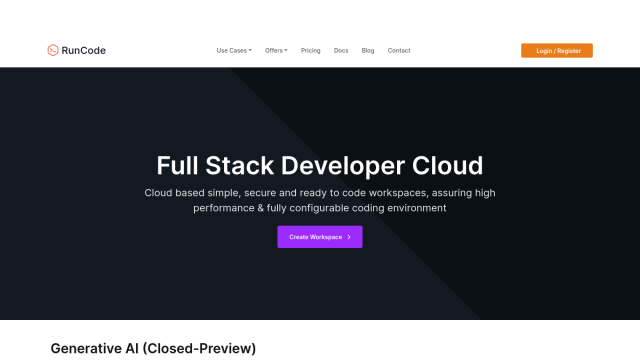

Anyscale
If you're looking for another JuliaHub alternative, Anyscale is worth a look. It's a platform for developing, deploying and scaling AI applications with the best performance and efficiency. It offers features like workload scheduling, cloud flexibility, smart instance management and GPU and CPU fractioning for better resource utilization. Anyscale supports a broad range of AI models and has native integrations with popular IDEs, so it's a good choice for teams working on AI and machine learning projects.

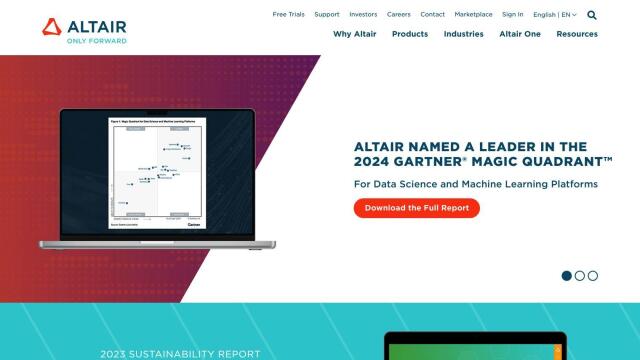
Altair
Another JuliaHub alternative is Altair. Altair combines simulation, high-performance computing, data analytics and AI to accelerate innovation and decision-making. It offers AI-powered simulation and design, physics-based predictions and digital twin solutions. It's geared for industries like automotive, aerospace and heavy equipment, where it can speed up product design, cut waste and improve performance.
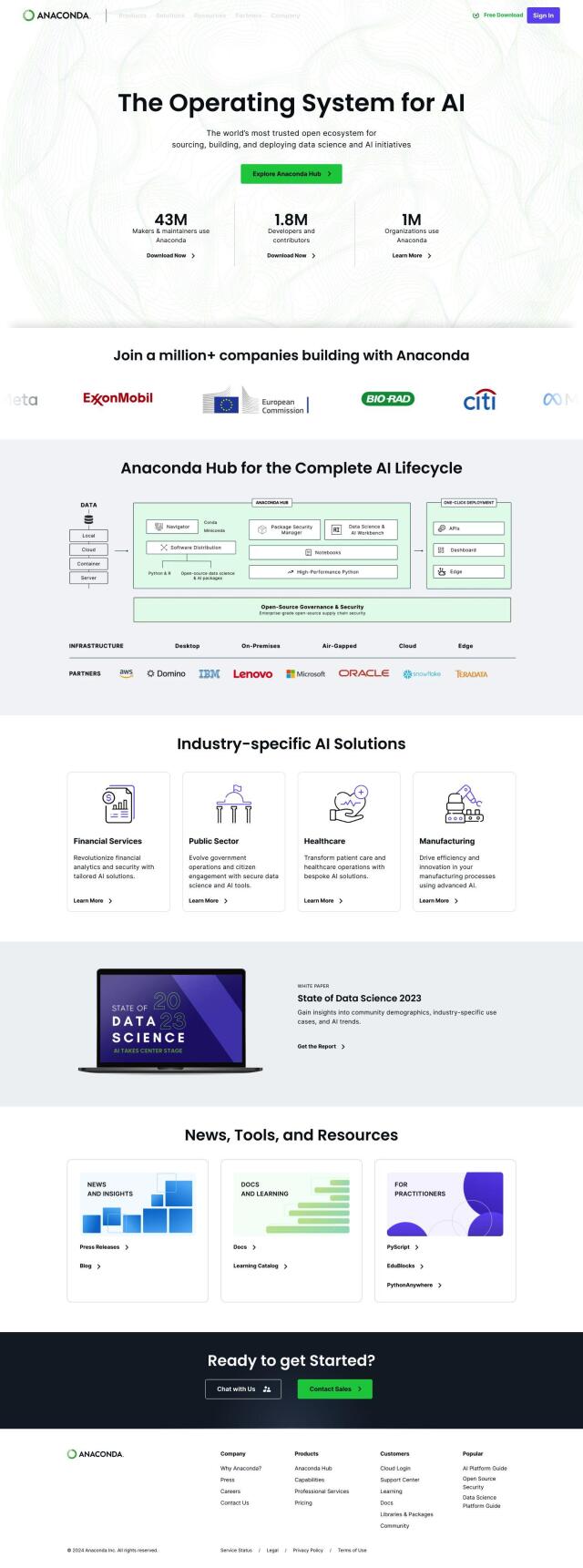
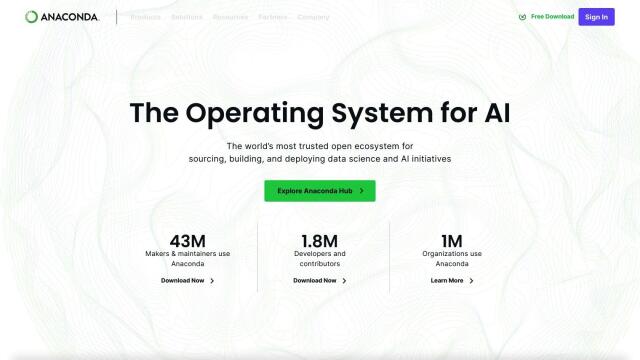
Anaconda
If you're looking for a broader suite of tools, check out Anaconda. Anaconda is an open ecosystem for data science and AI development that includes a variety of tools for cloud-based collaboration and access to open-source libraries. It includes AI-assisted coding, one-click deployment and access to thousands of curated packages and libraries. Anaconda is geared for data scientists, teams and enterprises that want to accelerate development and meet security and governance requirements with flexible pricing options.
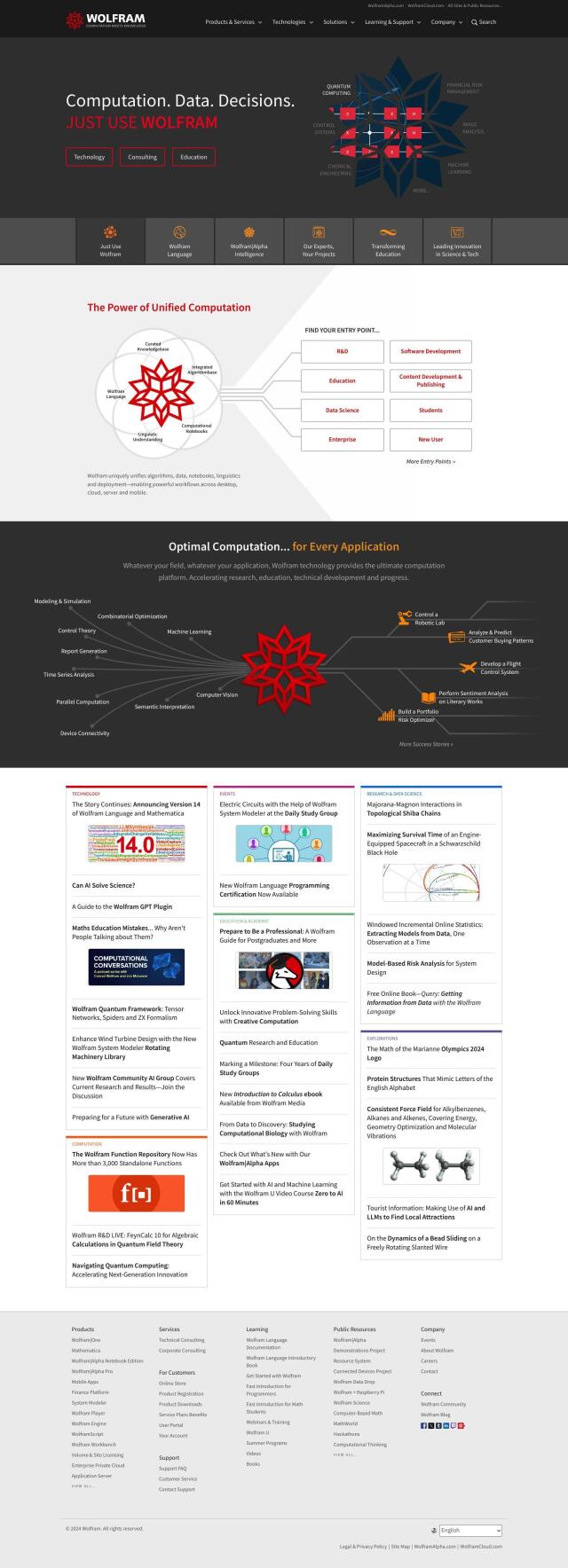
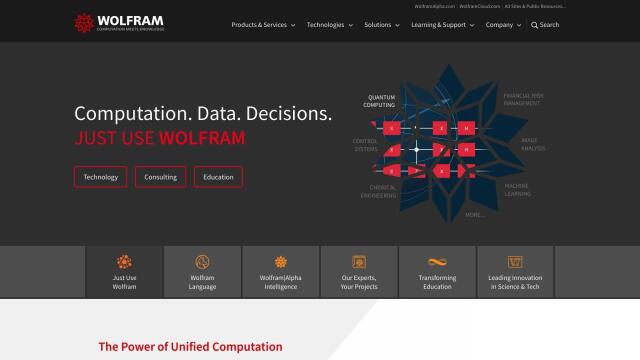
Wolfram
Last, Wolfram is a unified computation platform that can handle heavy-duty workflows in R&D, education, data science and other areas. It includes tools like the Wolfram Language, Mathematica and Wolfram|Alpha Notebook Edition, with a variety of computational and symbolic programming tools. Wolfram also offers specialty platforms for finance and system modeling, so it's a good alternative for a variety of technical computing needs.

